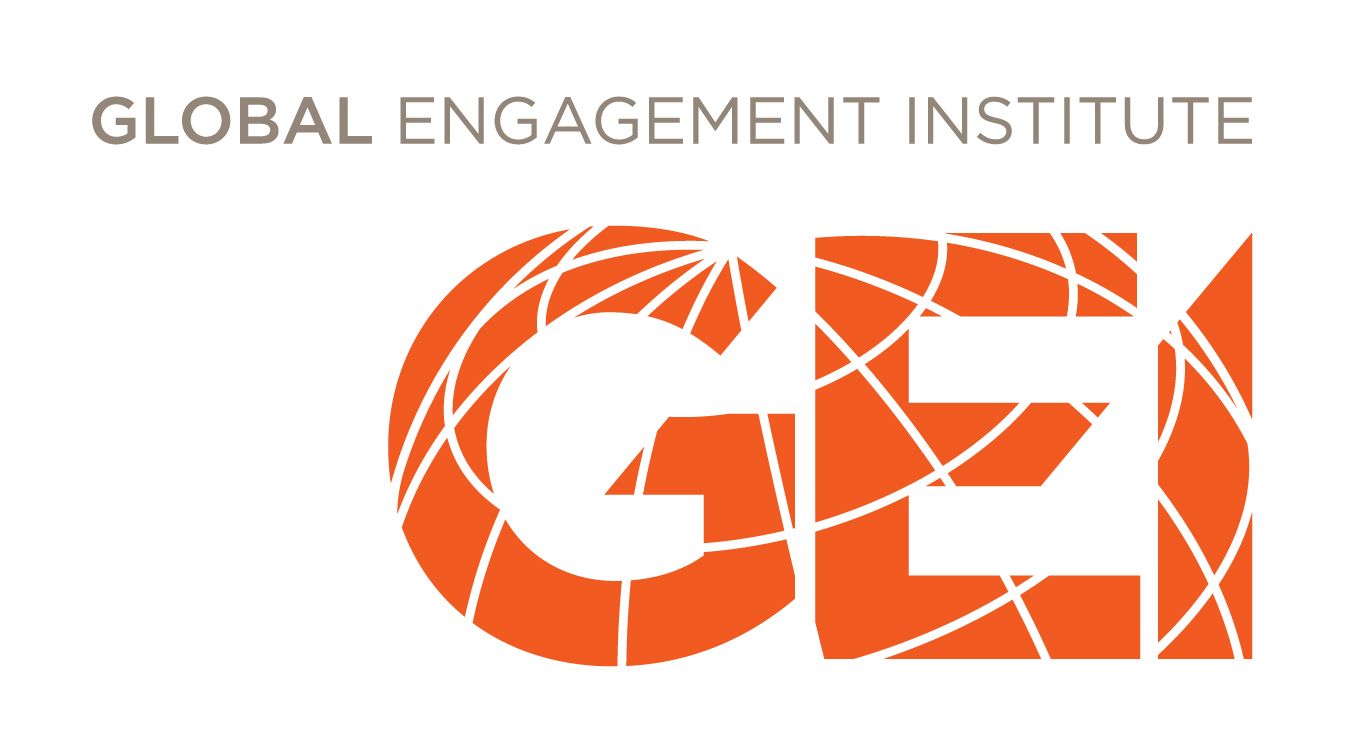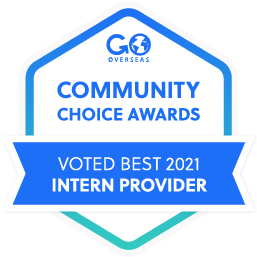Introduction
Rwanda, often celebrated as the land of a thousand hills, has distinguished itself as a beacon of progress and innovation within the healthcare sector. This East African nation presents an unparalleled study abroad opportunity for students in public health, nursing, and other health professions. Here's why Rwanda stands out as a premier destination for short-term faculty-led programs:
- Study a unique healthcare system that serves as a model for a successful developing country.
- Visit innovative health initiatives involving public and private stakeholders like Partners in Health and Zipline.
- Enjoy engaging student experiences through clinical and non-clinical shadowing, meeting with leaders in healthcare, site visits, and service-learning with local NGOs.
- Appreciate the unmatched safety and rich cultural heritage in Rwanda, making it an ideal learning environment.

A Model for Success in Healthcare
Rwanda's healthcare system is a testament to the power of innovation and resilience. Following the 1994 genocide against the Tutsi, the country rebuilt its health system from the ground up, focusing on primary healthcare and a robust community health worker network. This approach has yielded remarkable outcomes in maternal and child health, universal health insurance, and even mental health care, positioning Rwanda as a model for developing countries worldwide.
Rwanda's healthcare system is a testament to the power of innovation and resilience. Following the 1994 genocide against the Tutsi, the country rebuilt its health system from the ground up, focusing on primary healthcare and a robust community health worker network. This approach has yielded remarkable outcomes in maternal and child health, universal health insurance, and even mental health care, positioning Rwanda as a model for developing countries worldwide.
Innovation at the Forefront
Contributing to Rwanda's healthcare achievements are its partnerships with innovative private stakeholders. Organizations such as Partners in Health, the Health Development Initiative, and Gardens for Health have been instrumental in implementing sustainable health solutions.
Furthermore, Rwanda's collaboration with state-of-the-art start-ups such as Zipline, a drone delivery service for medical supplies, underscores the country's commitment to leveraging technology for health care advancements.
Engaging Educational Experiences
For students, Rwanda offers a wealth of engagement opportunities that complement academic learning.
These include:
- Clinical and non-clinical shadowing and placements in hospitals and health centers where students can observe and participate in patient care as well as public health measures.
- Service-learning projects with innovative local NGOs and engagements with institutions like the University for Global Health Equity and the University of Rwanda.
- Interaction with public and private health stakeholders and initiatives that provide firsthand experience in the implementation and impact of health care systems and programs.
Such immersive experiences not only enhance students’ understanding of global health challenges but also inspire them with the innovative solutions Rwanda has pioneered.
Safety and Culture: The Icing on the Cake
Rwanda’s reputation as possibly the safest country on the African continent cannot be overstated. This, combined with its rich cultural and natural heritage, offers students a secure and enriching environment to learn and explore. From the vibrant streets of Kigali to the serene beauty of its countryside and its national parks, Rwanda’s cultural diversity and warm hospitality make it an ideal backdrop for educational pursuits.
Conclusion
Rwanda’s journey from a country devastated by genocide to one that stands as a pillar of healthcare innovation is nothing short of inspirational. For students in health professions, a study abroad experience in Rwanda is not just an educational opportunity; it’s a chance to witness and be part of transformative health care initiatives. As they engage with the country’s advanced healthcare system, innovative projects, and rich cultural tapestry, students will find themselves at the heart of a learning experience that is as profound as it is unique.
In summary, Rwanda’s unique blend of safety, innovation, and cultural richness makes it an unmatched destination for health professions students looking to broaden their horizons through short-term faculty-led programs. Through hands-on experiences in a country that has turned challenges into opportunities for health care reform, students will leave with not just academic knowledge, but a deep understanding of what it takes to innovate and succeed in the global health landscape.

